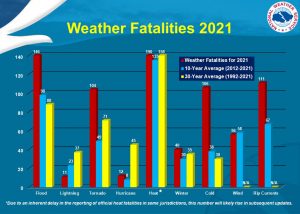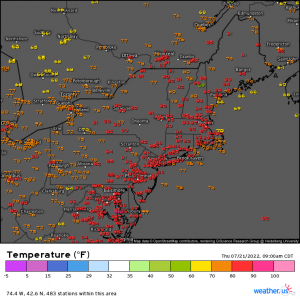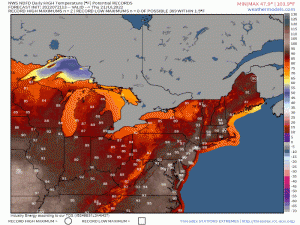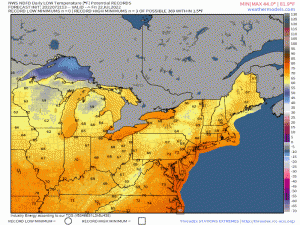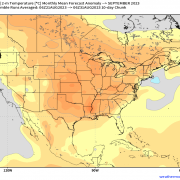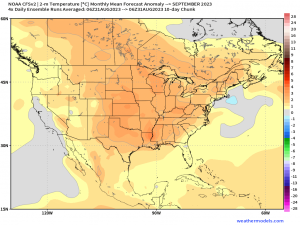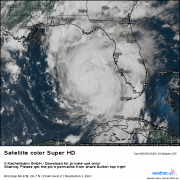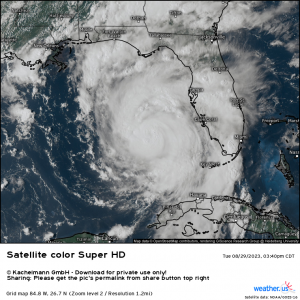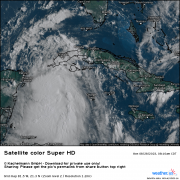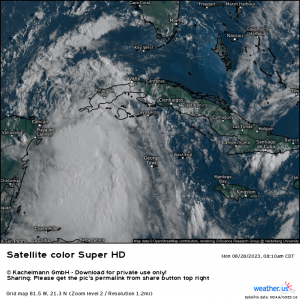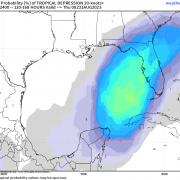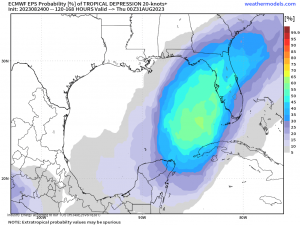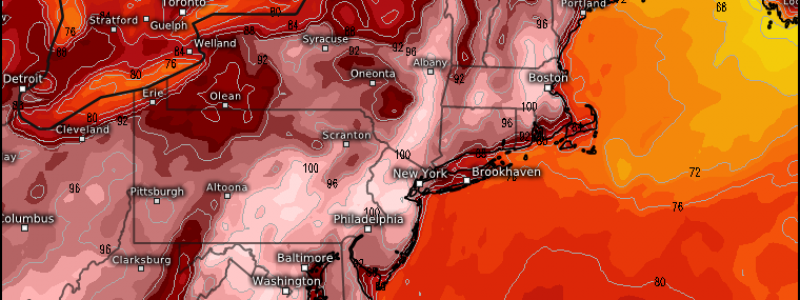
Extended Heatwave In Progress For The Northeast/Mid-Atlantic
Brace yourselves. This is yet another blog about heat.
Why am I writing about heat so often this summer? Well, I’d be lying if I said it hasn’t been unusually warm for unusually long periods this summer. Daily records seem to be falling nearly every day. Even isolated all-time record falls here and there.
Mainly, I write about the heat so much because people often underestimate the power it holds, especially in regions unused to prolonged periods of sweltering temperatures. Especially concerning vulnerable populations.
Heat is the number one cause of weather-related fatalities in the United States.
Unlike the more visible killers (flooding, hurricanes, tornadoes), heat is a silent killer, slowly working on your body until it is no longer able to function. The signs of heat exhaustion can be ignored until it becomes heat stroke – and by then, it is often too late.
As daytime heat levels soar and nighttime lows remain warmer, awareness of heat’s power to kill and how to protect yourself is vital.
With that, we’ll take a look at the on-going heatwave in the Northeast/Mid-Atlantic.
Here it is, barely past 10 am and temps are already rocketing toward 90 degrees, especially closer to the coast.
That’s how this heatwave will go. The interior Northeast won’t feel the extreme heat like the I-95 corridor will – which is bad news for the major metro areas like New York, Philadelphia, Baltimore, Washington DC, and Boston that sit in this region.
High temperatures, which are already above average, will continue to climb as we move into the weekend,
The heatwave is forecast to peak on Sunday, right before cooler air arrives behind an incoming cold front. It is on this day that triple digit temps are possible for the metro areas. This is fairly significant. Philadelphia, which is currently forecast to top out at 100 degrees on Sunday (at least by the NWS NDFD), hasn’t reached the triple digits since 2012.
Adding to the daytime highs will be the extremely warm overnight lows.
With low temps refusing to dip below the mid-70s (or perhaps low 80s for some?), it will become difficult for the body to reset after a day of intense heat.
It is absolutely vital to monitor your body’s signals and remember to hydrate, stay as cool as possible, and to check on your friends and family – especially those that are more vulnerable.
If you don’t have AC, make use of cooling stations set up in your city. Freeze towels and rags to apply to your head and feet to cool yourself, if needed. Take cold showers rather than warm showers. Soak in a cool bath if you feel yourself getting overheated.
Remember, this heatwave is forecast to last several days, peaking on Sunday. Be mindful of your condition and of those you know who are most vulnerable.
More heat safety tips can be found here: https://www.redcross.org/get-help/how-to-prepare-for-emergencies/types-of-emergencies/heat-wave-safety.html
